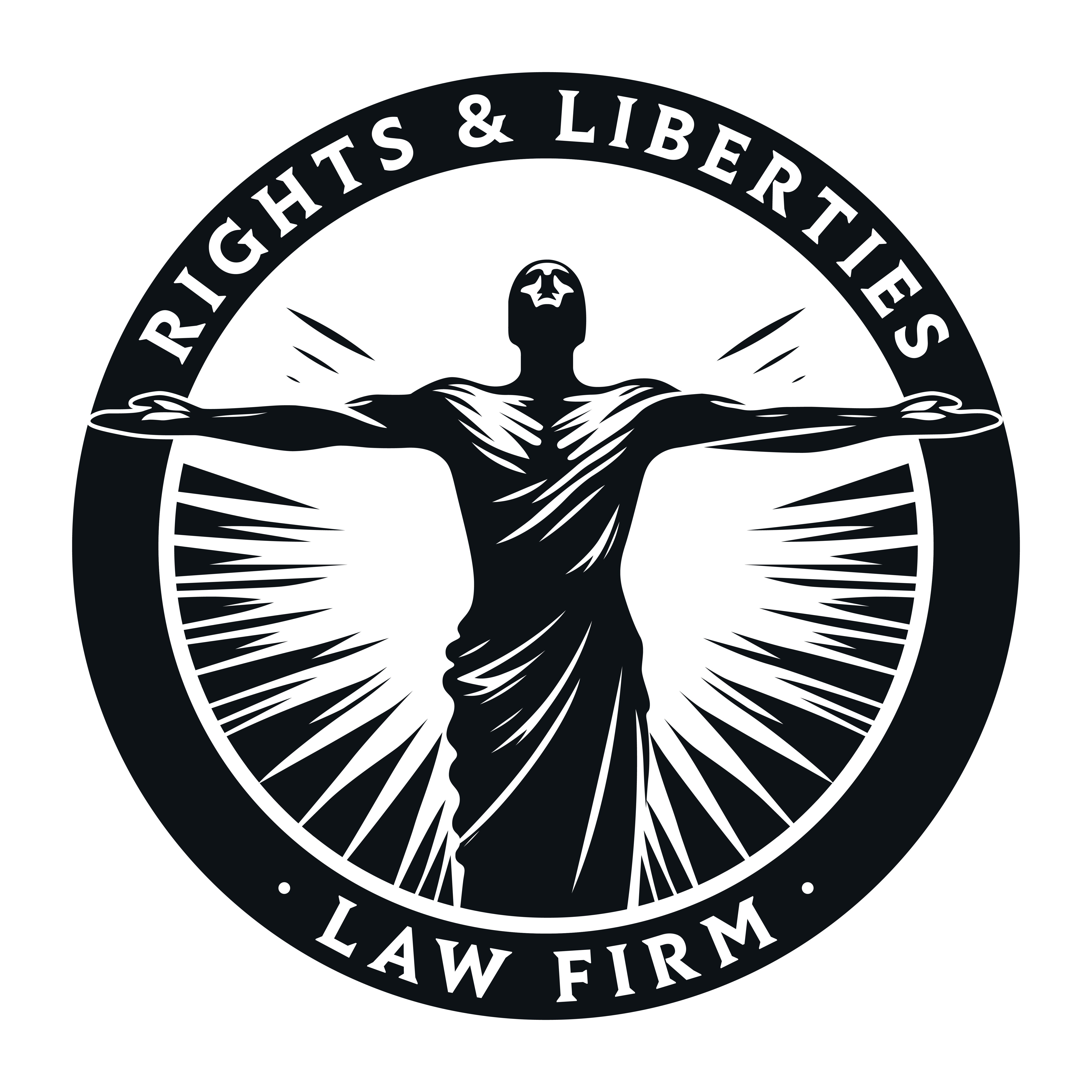Failure to Protect Prisoners Civil Rights Claim in Colorado
What is a failure to protect claim in Colorado?

What is the purpose of filing a failure to protect lawsuit against prison officials?
Proving a failure to protect prisoner due process claim in Colorado

What are common situations where failure to protect prisoner claims arise?
While not exhaustive, the following scenarios may give rise to a failure to protect claim.
Inmate-on-Inmate Violence: A prisoner is assaulted by another inmate after jail officials were informed of threats or previous violent behavior but failed to take appropriate protective measures.
Sexual Assault: An inmate is sexually assaulted by another inmate or a staff member, and jail officials had prior knowledge of the risk but did not act to prevent it.
Gang-Related Violence: Prisoners are attacked by gang members after officials fail to separate known gang affiliates or ignore intelligence about potential gang violence.
Failure to Provide Protective Custody: An inmate requests protective custody due to threats from other inmates, but the request is denied or delayed, resulting in harm.
Inadequate Supervision: Jail officials fail to adequately supervise inmates, leading to violent incidents that could have been prevented with proper oversight.
Retaliation for Reporting: An inmate is harmed after reporting misconduct or threats, and jail officials do not take steps to protect the inmate from retaliation.
Improper Housing Assignments: An inmate is placed in a housing unit with known violent offenders despite having a history of being targeted, leading to an attack.
Failure to Address Known Risks: Jail officials are aware of specific risks, such as an inmate’s vulnerability due to mental health issues but fail to take steps to mitigate those risks.
